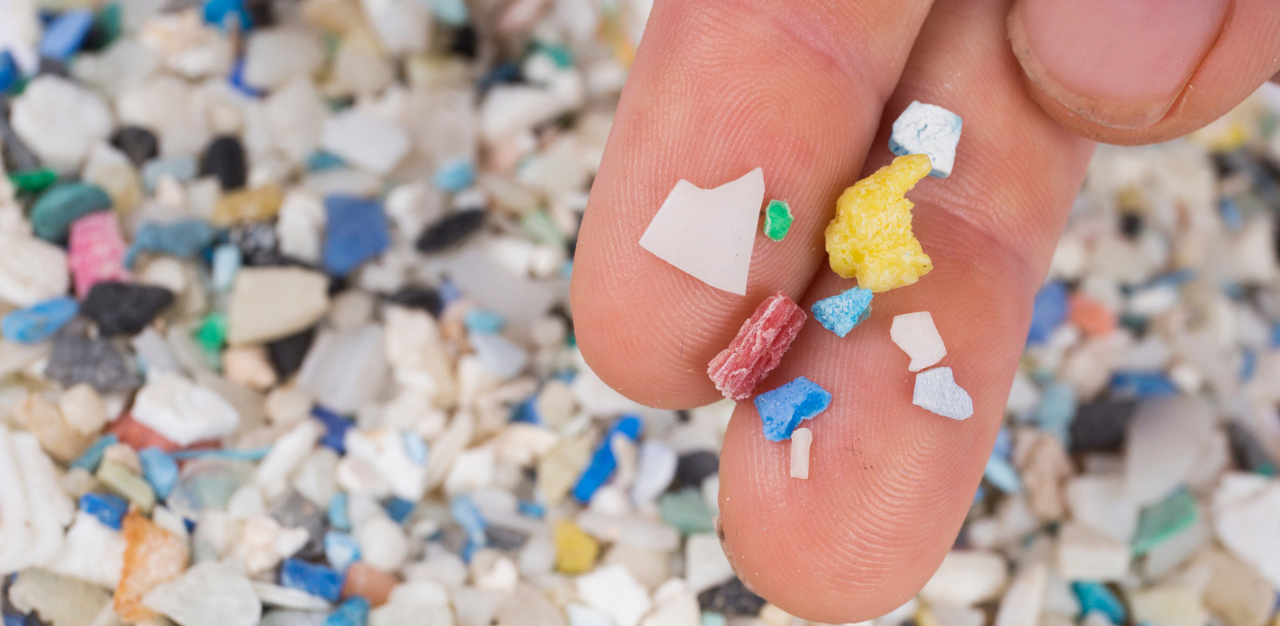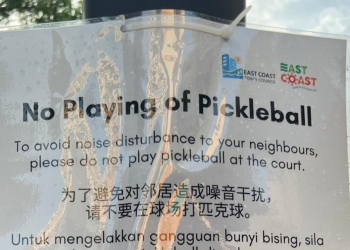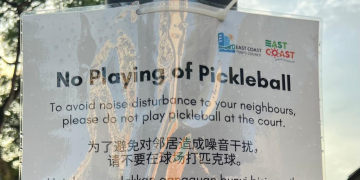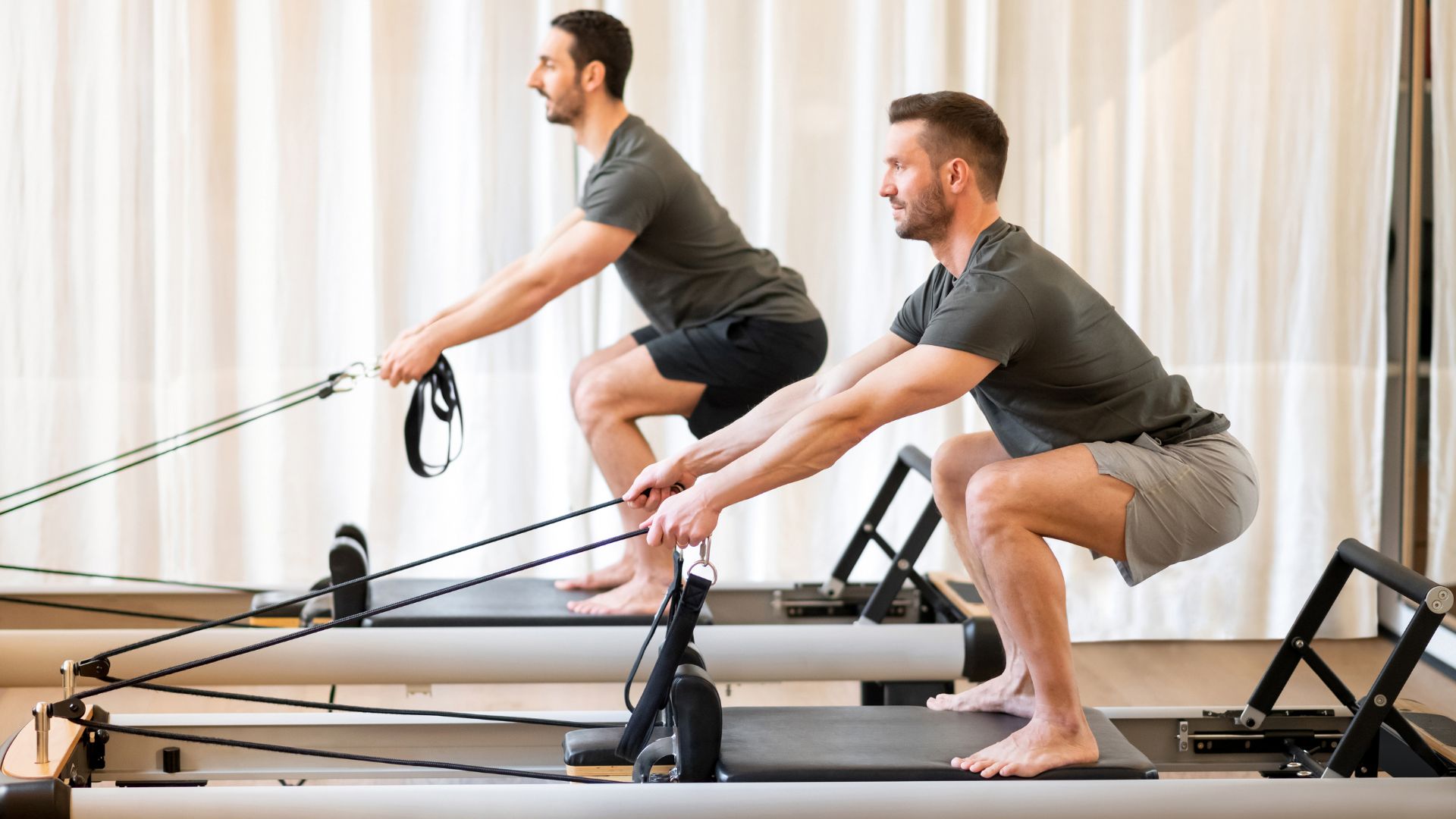“Don’t litter. Switch on the air-conditioning only when necessary. Try to reduce single-use plastics. Recycle, reuse, reduce!”
Growing up, such were the mantras that were drilled into every curious individual. As we got older, such learnings tended to get pushed to the back of our minds, as we start to place more emphasis on convenience. Indeed, it takes a concerted effort to reduce or recycle our waste, so much so that most people are inclined to simply close one eye. After all, if only one person doesn’t do their part, there won’t be much impact on the world, right?
Now, that’s where most of us are wrong. It’s true that one person won’t make much of a difference – but what if many “one person(s)” think the same way? Change always starts small, but it has a rippling impact. If all of us do our part, the world will indefinitely be better off!
And if you need further convincing, here’s a piece of horrifying news: a new study by Environment International has detected traces of microplastics in human placentas. Can you believe that?!
What are microplastics?
Microplastics, albeit small, can have adverse long-term effects on human health and well-being. They are particles that are smaller than 5mm in size, and originate from the degradation of plastic objects. Microplastics are mobile and transmissible, having the ability to move from the environment to humans and mammals in general. They can even be broken up further until they resemble dust; at this stage, they transform into nanoplastics. Yes, plastics are not just restricted to their physical form in landfills or oceans, now, they can be found in our bodies too!
Studies have shown that an average individual takes in about 330 tiny pieces of plastic on a daily basis. These originate from synthetic fibres, plastic packaging, and more. A study published by PubMed.gov sees microplastics as a vessel that’s capable of carrying toxic substances. And if these can travel to an unborn fetus, who knows what damage there will be in the long-term?
Where were these microplastics found, exactly?
Alarmingly, microplastics were found in all parts of the placenta, including the fetal, maternal, and amniochorial membranes, which is basically where the fetus develops. These microplastics all contained traces of dyes and pigments, meaning that they probably came from packaging, paints, and other similar items or substances.
As Antonio Ragusa, Director of Obstetrics and Gynaecology at the San Giovanni Calibita Fatebenefratelli Hospital in Rome, so aptly put, “It is like having a cyborg baby; no longer composed only of human cells, but a mixture of biological and inorganic entities.”. Elizabeth Salter Green of Chem Trust summarises it succinctly, claiming that “babies are being born pre-polluted”.
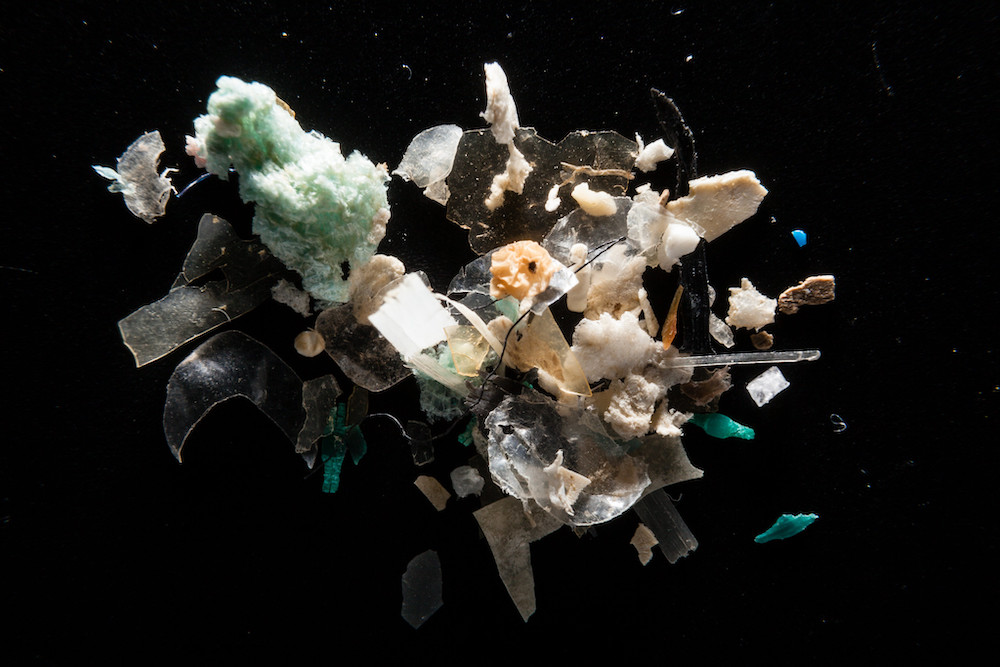
Besides, even if we don’t see the immediate impact of microplastics on humans, a quick look at how they affect marine life might very well be a telltale warning sign. The ingestion of microplastics by marine life can stunt growth, damage tissue, and even disrupt reproduction systems! And who’s to say that humans won’t bear the brunt of such damage – and more! – in the future?
What can be done to help?
Let’s face it, plastics are everywhere. They’re in the things we touch, the packaging that we use to hold our food, and even the clothes that we wear. But if we put in the effort now, we might be – slowly, but surely – creating a better future ahead for ourselves and our loved ones! Here are some ways you can make a difference:
Reduce the consumption of bottled water
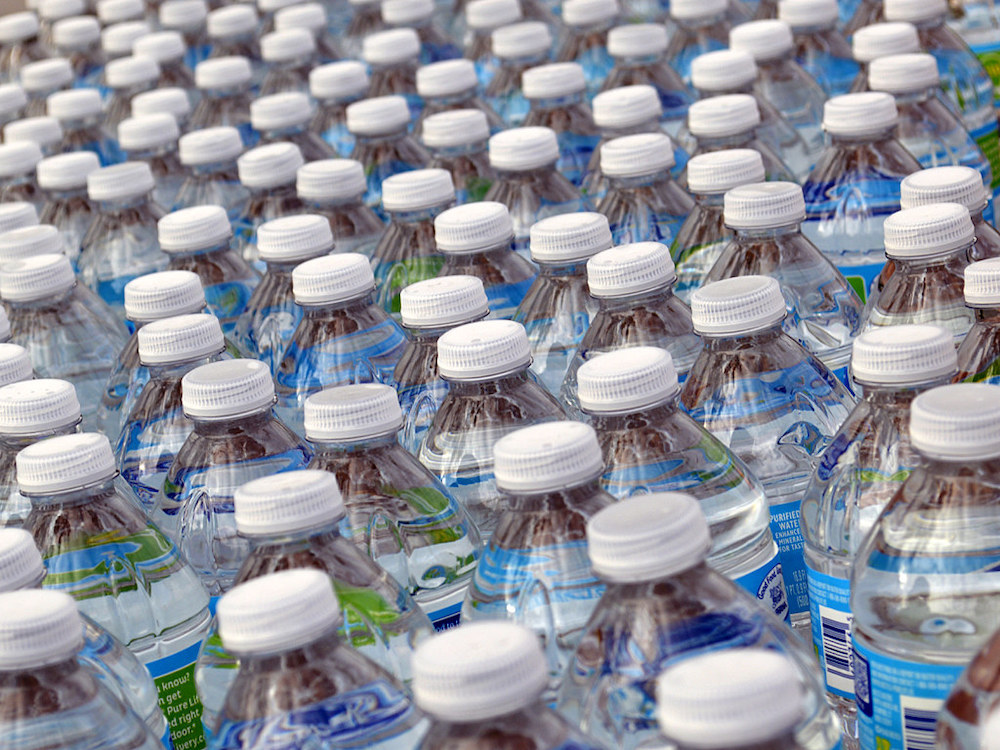
Bottled water has a high level of plastic contamination. A study published by Frontiers in Chemistry analysed 259 bottles of water from nine different countries, and found microplastic contamination in up to 93 per cent of the bottles! Another way to help is to invest in a water filter, where most carbon block filters with a micron rating of 2 or less can help to vastly reduce the amount of microplastics.
Try not to use washing machines and dryers so often
While this might not be possible in the situation of Singapore’s often unpredictable weather, it might be better to air dry your clothes, instead of using a dryer, whenever possible. Microplastics often enter the environment in the form of textile fibres via dryers and washing machines.
In fact, it’s estimated that one cycle of the washing machine can release up to 700,000 textile fibres! However, if washing machines and dryers are pretty much an indispensable part of your lifestyle, getting a laundry ball to catch the fibres might prove to be an enormous help.
Do not use products with microbeads or non-biodegradable glitter
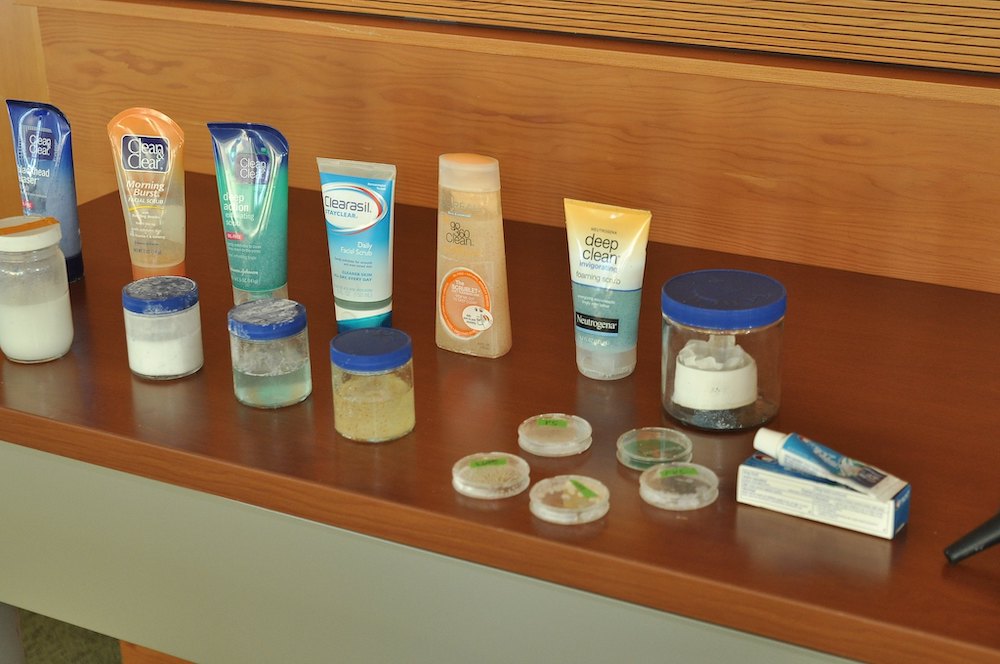
Microbeads are often used in toiletries or cleansing products with exfoliating properties. However, these beads are often too small to be filtered out during wastewater treatment processes, and often wash out straight into the ocean. How’s this for size: a cleansing product can contain up to 360,000 microbeads; imagine that!
And it’s easy to check if your facial cleansers have microbeads. Look out for the words ‘polypropylene’ and ‘polyethylene’ in ingredient lists. If you’d like to go one step further, use products that are listed as biodegradable or eco-friendly. Phosphate, surfactants, and triclosan can actually cause harm to the environment, such as promoting algae-growth in water bodies or are toxic to marine life.
It might be easier said than done but remember, every little bit counts. Will YOU do your part today?
Join the conversations on THG’s Facebook and Instagram, and get the latest updates via Telegram.
